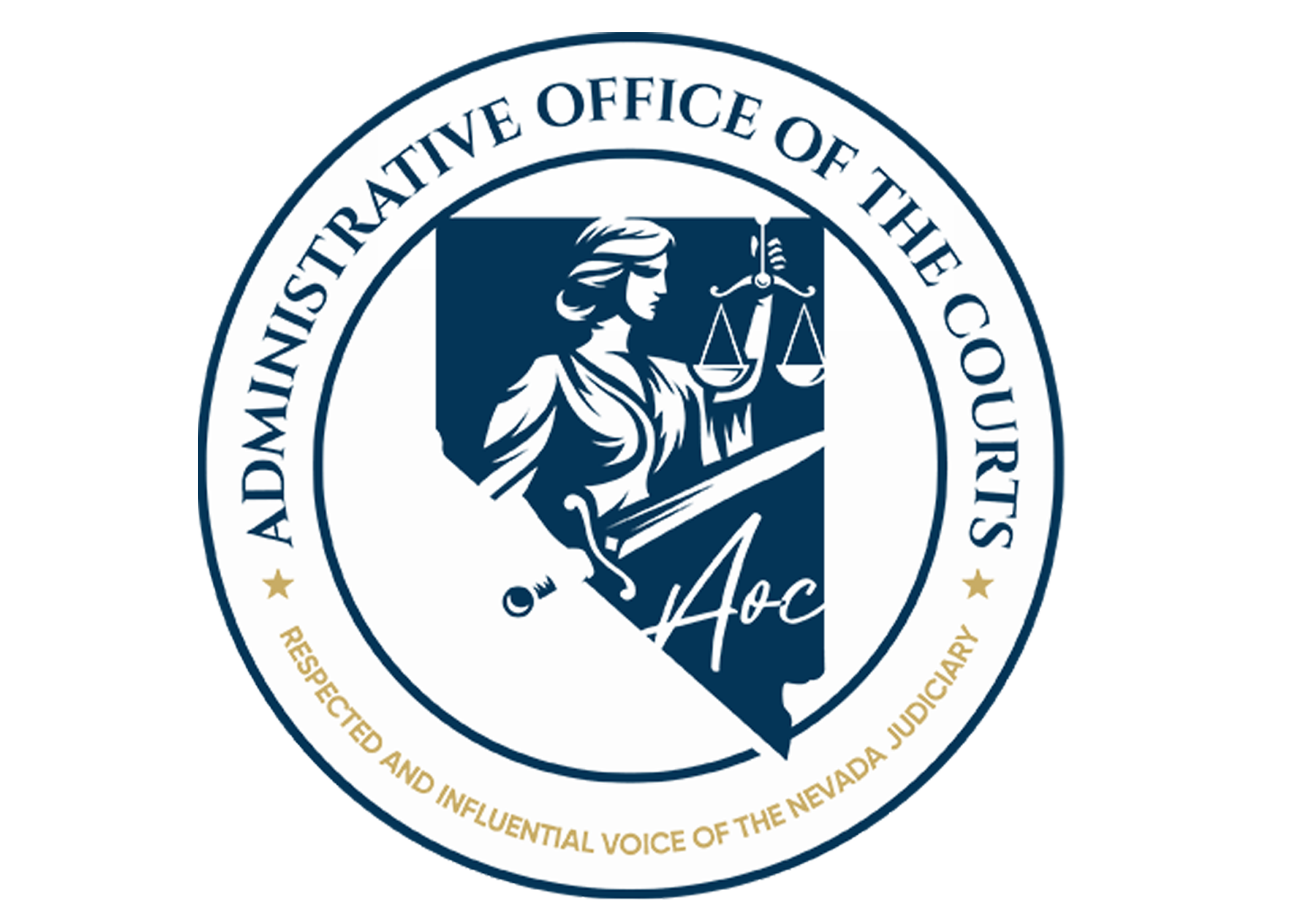What Happens After a Law is Passed
Nevada’s government is made up of three equal branches, each with its own responsibilities: the Legislative, the Executive, and the Judicial. The three branches of government work together to make sure laws are created, applied, and followed fairly. The Legislative branch writes and passes the laws, the Executive branch carries them out, and the Judicial branch interprets the laws and decides how they should be applied in real-life situations.
Once a bill is passed by the Legislature and signed by the Governor, it becomes a part of Nevada’s official law, but that’s not the end of the process. Judges, law clerks, and court staff begin reviewing the new law to understand how it fits with existing rules, past court decisions, and both the Nevada and U.S. Constitutions.
Everyone in the court system has an important role. Judges make decisions in the courtroom based on the law. Law clerks and legal researchers help by researching similar cases, and court clerks and administrators manage the behind-the-scenes work, including organizing case files, updating procedures, and helping the public find the information they need.
When a case involves a new law, courts rely on this team effort to determine how the law should be applied. Courts must also consider whether a law follows the Nevada Constitution.
These are all elements of the system that keeps power balanced across the branches of government. The courts do not write the laws or carry them out, but rather apply them fairly, consistently, and thoughtfully. In doing that, they protect people’s rights and allow for the law to work the way it was meant to.
Understanding the role of the courts helps paint a fuller picture of how government works. Each branch plays a part, and the Judicial branch is key to making sure justice is more than just an idea, but something that truly works for everyone.

